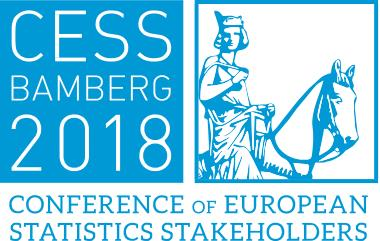Gapminder has been working over a decade to explain the world through making people understand and use statistics. Gapminder has been addressing the problem of that most people don’t see the progress made in the world despite the statistics being open data. Gapminder has developed a model to explain the unseen facts of the world.
First we explore what we don’t know to break through the misconceptions we have about the world and show how we often answer more wrong the random on simple questions about the world where the data exists as open data. Then we create vizualisations, frameworks and narratives that helps people see the unseen facts about the world.
During my presentation I will go through Gapminders misconceptions study. Connect the work of Daniel Kahneman and Amos Dversky to how we create our worldview as Hans Rosling explains in his last book “Factfullness”. Finally showcase Gapminders, tools and frameworks to give a crashcourse in the global facts most people have missed and how fallacies, instincts and heuristics often cloud the judgement of those looking at statistics.
